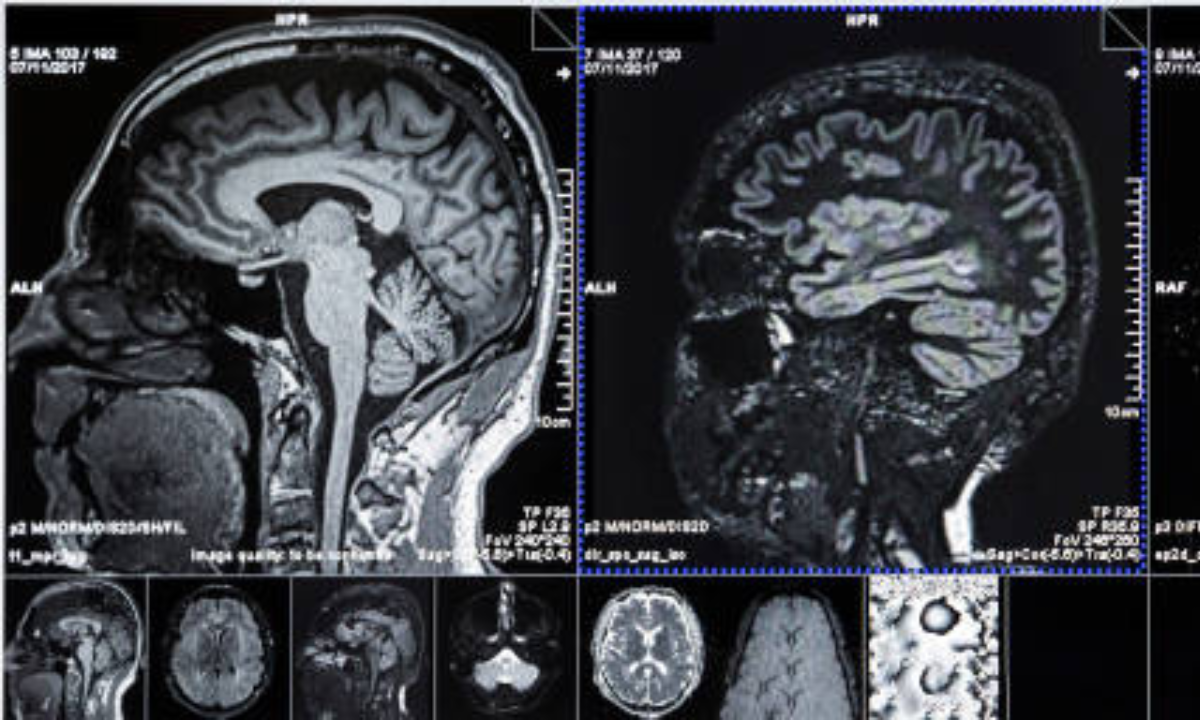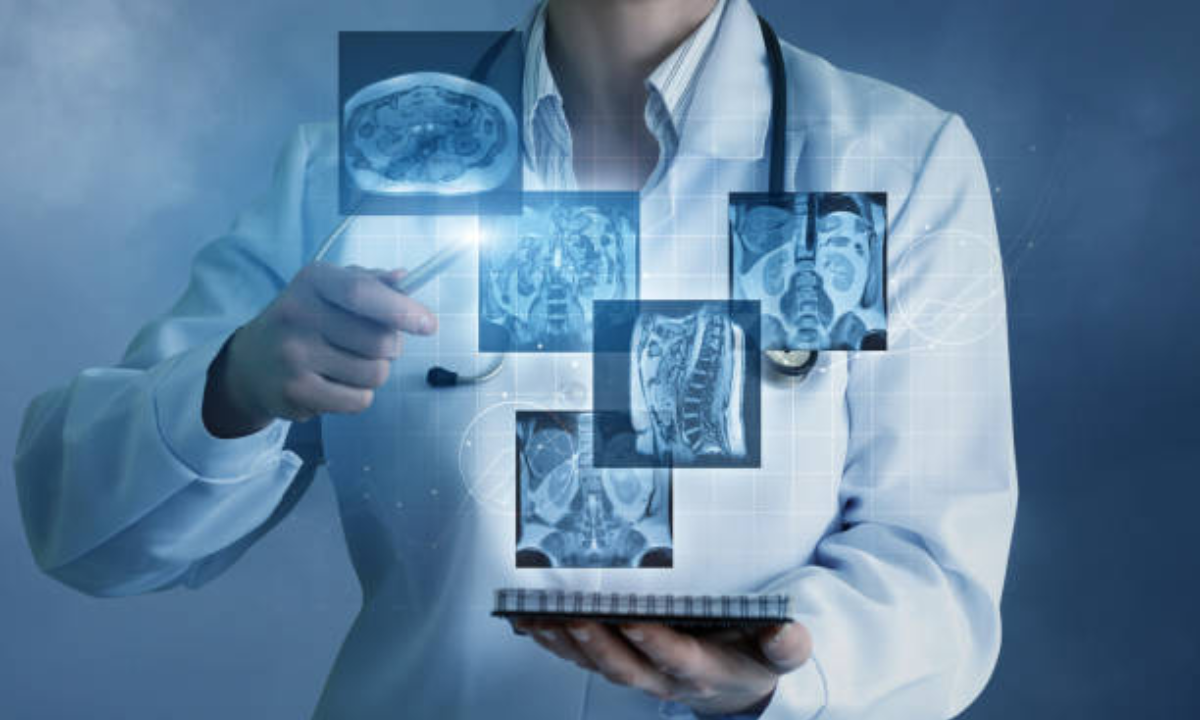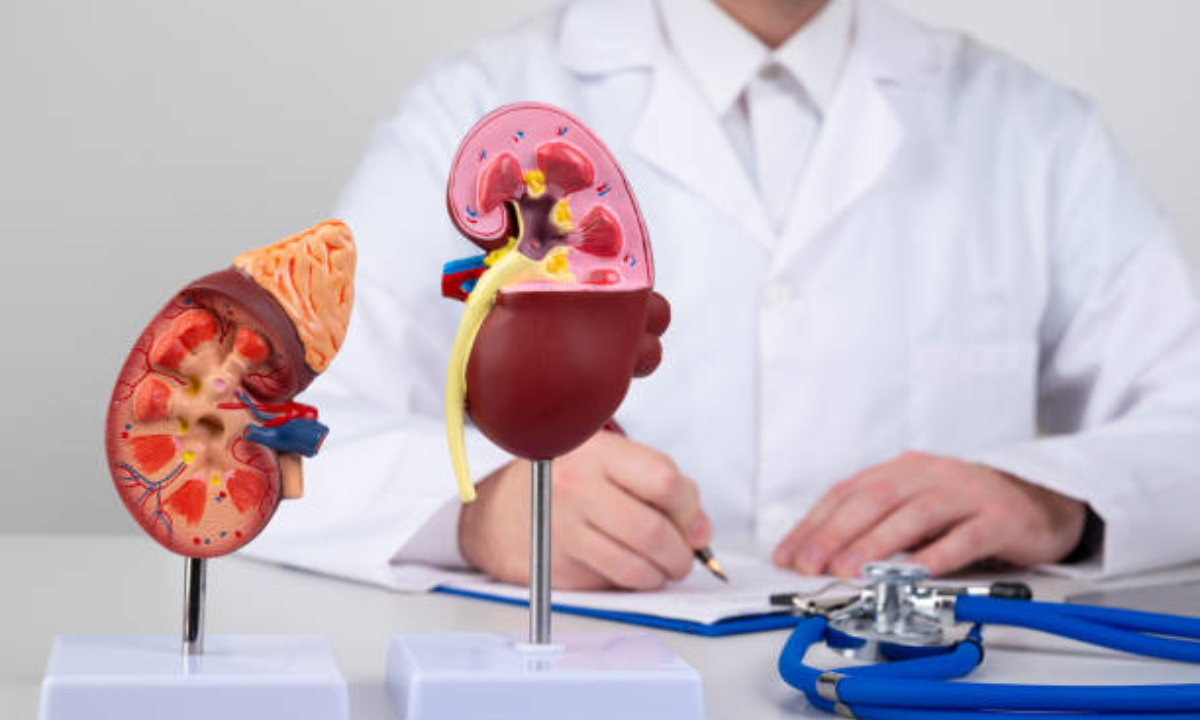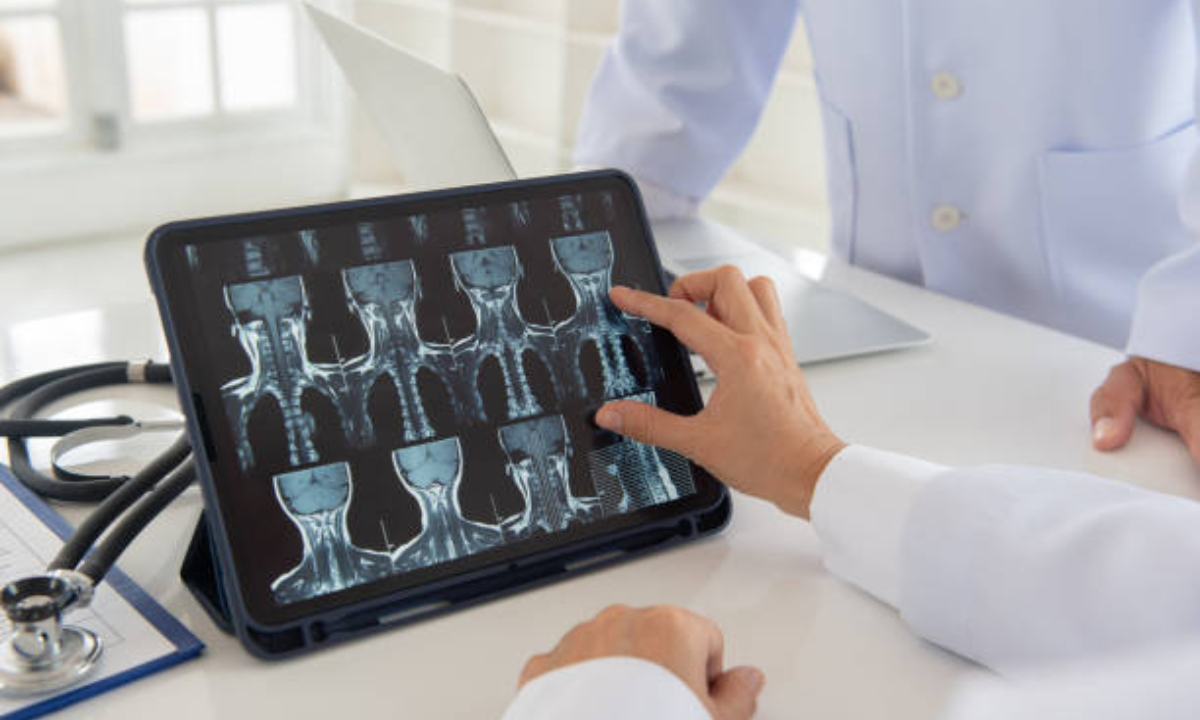Head injuries are some of the critical medical conditions that emerge as a result of accidents or trauma. Diagnosis of head injuries is critical; its swift and accurate detection ensures prompt treatment. Medical imaging techniques like Computed Tomography scans are sometimes used in diagnosis where a clear view of the brain and the skull is obtained to evaluate head injuries. As such, in places like Bangalore, high-quality CT scan services for diagnosis are available in medical facilities.
This article will give information about the role of a CT scan in the detection of head injuries, and how it helps in early diagnosis leading to treatment. We will also guide you on different types of head injuries, how the scan works, and what to expect from the procedure.
What is a CT Scan?

A CT scan is one of the advanced radiological imaging techniques used to produce very detailed cross-sectional images of the body with the aid of X-rays and computer technology. While a conventional X-ray produces two-dimensional images, a CT scan provides a three-dimensional view of the structure being scanned and is, therefore, an ideal approach when highly accurate diagnosis and identification of complex injuries, such as those sustained in head trauma, are expected.
Why Use a CT Scan for Head Injuries?
Head injuries can range from very minor concussions to severe traumatic brain injuries. It is, therefore, crucial to detect such cases rapidly. CT scans are probably one of the most reliable methods for diagnosing head trauma. Without imaging techniques, damage to this precious organ cannot be assessed because the brain is a structure housed within the skull. CT scans may provide a non-invasive, therefore safe, and quick way of identifying fractures, bleeding, or swelling in the brain.
In case you happen to be in Bangalore and surmise a head injury, many medical centers offer CT scan services that can help diagnose the problem swiftly, thus ensuring prompt medical intervention.
Head Injuries diagnosed with a CT Scan
The use of a CT scan can diagnose many sorts of head injuries, such as:
1. Skull Fractures: Whenever a fracture of the skull occurs, due to its breakage or cracking, it is possible to reveal the exact location and severity of the fracture, through a CT scan.
2. Hematomas: These are accumulations of blood outside the blood vessel and might be located within the skull following an injury to the head. Some types of hematomas found on a CT scan include epidural, subdural, and intracerebral hematomas.
3. Contusions of the Brain: A contusion is essentially a bruise of the brain, typically resulting from a direct trauma to the head. Therefore, a CT scan may show areas of bleeding or bruising of the brain.
4. Brain Edema: After the traumatic insult, the brain becomes swollen, exerting pressure within the skull. A CT can show swelling within the brain that needs urgent attention.
5. DAI Diffuse Axonal Injury DAI refers to an injury of the nerve fibers in the brain. Most often, it is due to such traumatic injuries as car accidents at high speeds. Even though it is not easy to detect, a CT scan might indicate a few things that may be there.
How Does a CT Scan Work?
A CT scan involves capturing images when a patient is laid on a table that moves into a huge, doughnut-shaped machine. The CT scanner rotates around the body of the patient, sending X-rays through it from multiple angles. These X-rays are then detected by sensors and processed by a computer to create cross-sectional images of the head.
The procedure itself is painless and typically takes no more than 10 to 20 minutes. For head injuries, a simple CT scan without contrast is usually sufficient to detect most damage types. However, on occasion, the doctors may want to take a CT scan that includes contrast to better visualize blood vessels or abnormal growths.
There are many well-equipped hospitals and diagnostic centers in Bangalore, where you can get CT scan diagnosis by modern technology that gives proper diagnosis.
Benefits of Utilizing CT Scans for Head Injury Diagnostics
1. Time is of the essence for a head injury, especially an injury involving bleeding or swelling within the brain. A CT scan delivers its results very quickly resulting in an ideal basis for initiating treatment instantly.
2. Detailed Imaging: In contrast with traditional X-rays, detailed images can be provided by CT scans such that even small fractures or minute regions of bleeding within the body can be easily identified.
3. Minimally Invasive Diagnostic Procedure: The procedure does not require any surgical cuts with medical instruments entering into any opening of the body; thereby the risks associated with the procedure are also minimal, and it is one of the simplest diagnostic procedures.
4. Availability of Emergency Services: All the hospitals in Bangalore have provided CT scanners in the emergency departments so that a diagnosis regarding head injuries can be reached as soon as it is possible with accuracy.
5. Multifaceted Ability: There is a wide range of continuum of head injuries, which starts from a slight concussion and goes up to brain hemorrhage, which can be diagnosed by a CT scan.
When should a CT Scan be Undergone?
You are recommended to take a CT scan if you experience any of the following after a head injury:
- Severe headaches
- Nausea and vomiting
- Feeling disoriented or discombobulated
- Fluid oozing from your nostril and ear
However, in Bangalore, most doctors assume immediate scanning if you come in with these symptoms to rule out life-threatening conditions such as intracranial bleeding or skull fracture.
If you’re going to undergo a CT scan in Bangalore, then the physician will explain to you the preparation procedure according to your condition. The preparation procedure is mostly minimal and just a few steps:
- Loose clothing: You may be requested to wear a hospital gown.
- Metallic Objects: Metal objects have to be removed. Jewellery, eyeglasses, or any other metallic objects as they might interfere with the scan.
- Obtain recommended fasting procedures: If you require a contrast for your CT scan, then you need to follow some fasting hours or more as dictated by the time before the time when the procedure commences.
Perils of Undergoing a CT Scan
Although safe, the scan does emit a small amount of radiation. For all patients, the advantages of an accurate diagnosis outweigh the risks to their health. Pregnant females and recurrent CT scanning candidates should discuss the potential risks with their physician. Bangalore’s top health care units focus their attention on safety from leading high-end CT scanners that reduce the ratio of radiation.
Conclusion
Since a CT scan is regarded as quick, non-invasive, and fairly accurate in diagnosing head injuries, it holds prime importance. Be it a minor concussion or the most severely damaged brain, a CT scan can detect the problem and help in facilitating proper treatment. With world-class medical facilities available in Bangalore, you never miss out on this worthwhile tool during diagnosis so that timely intervention yields even better results for any patient complaining of head injuries.
Kiranpet Nuclear Medicine & PET/CT Centre offers comprehensive medical imaging and diagnostic services, providing accurate and timely results to support patient care. Contact us today.







